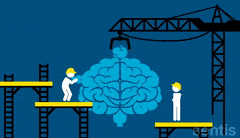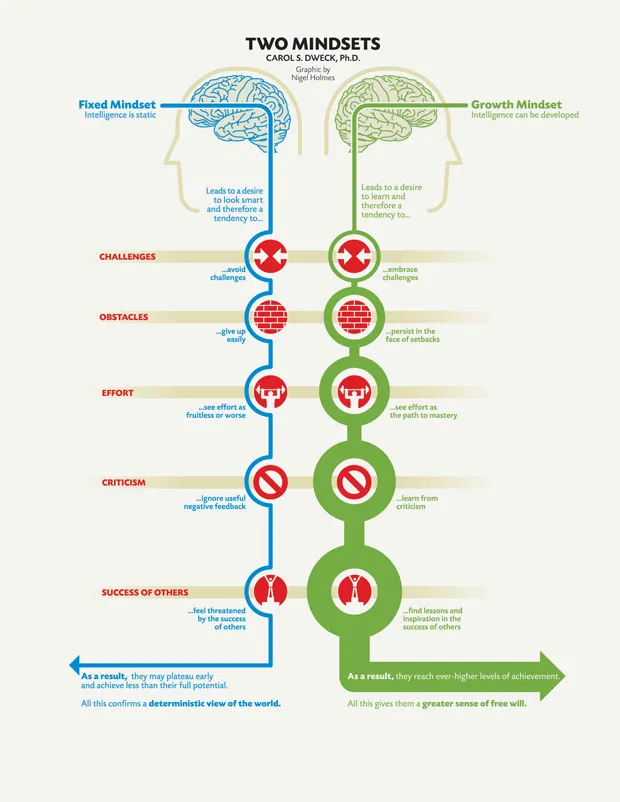Exploring the benefits of understanding neuroplasticity, strategies for engaging with its principles, ways to enhance my own neuroplasticity, and a valuable resource I used for this topic.
I did a Google search to find articles on the principles of neuroplasticity and found a good link that shared the ten principles and examples for each relating to people who have been affected by an illness, stroke or something similar where a patient needed rehabilitation. The majority of these examples shared similar approaches to show how important it is to keep training the brain or using the brain to remember such things as learning how to swallow again. Neuroplasticity offers hope and opportunity to individuals to improve their cognitive abilities, motor skills and overall quality of life. These principles demonstrate that consistent and targeted training, repetition, and meaningful engagement can lead to positive changes in the brain and enhance functional abilities.
Additionally the potential implications of neuroplasticity in other contexts such as learning new skills like web development or acquiring languages. By adapting these principles we can find that neuroplasticity can benefit individuals in lots of new areas of personal growth and individual development.
I feel that by using the principles mentioned in the link I can create a plan to develop new skills and learn new languages such as html, CSS, JavaScript and other languages or concepts in the near future. A good plan which will include a lot of repetition, meaningful engagement and overall consistent and targeted training. A good study plan will be beneficial for the brain just as much as a good gym routine is for the body.
Some ways in which I can increase my neuroplasticity are: Repetition and practice, utilizing the concept of ‘YET’ instead of beating myself up about not understanding something right away. Making use of things I learn and putting things into context by applying what I learn to the world around me. I am hopeful that by practicing these I am able to increase my neuroplasticity and enhance my learning outcomes.
Click the image below to see the article I based my findings on
Growth Mindset
Why is growth mindset relevant, and what surprises or changes during this exploration impacted my perspective?
There are two ways of viewing Mindset before looking into Growth Mindset. As mentioned by Carol Dweck, these two mindsets are the ‘Fixed Mindset’ and the ‘Growth Mindset.’ Out of these two mindsets, which we manifest from a very early age, springs a great deal of our behavior, our relationship with success and failure in both professional and personal contexts, and ultimately our capacity for happiness.
As a Human Skills Facilitator here at Dev Academy, I have seen the devastating effect it has on students when they feel like they are unable to grasp new concepts. They sometimes feel like they are in the wrong place, their self-esteem plummets, and their critical self-talk takes over. It is important to remind the students that they need to remember that everything they learn is new and beating themselves up is not going to solve anything. Self-kindness and self-compassion are important. Repetition is the key, and mistakes or misunderstanding something is all part of learning.
Reflecting on my own journey, I can relate to the impact of fixed mindset beliefs. As a young boy growing up, I faced constant messages that I wouldn't be successful and heard the word 'no' repeatedly. These negative beliefs had a huge impact on my education during those early years. However, as I grew older and ventured beyond school, I discovered that everything I had been told was a lie. I realised that I have the power to pursue my aspirations and achieve anything I set my mind to. I learned that success in school does not define my potential or limit what I can become.
In the next few months, I hope to remind myself of these growth mindset principles as I continue my journey to completing this program.
These next few months will be a great test for myself and integrating what I have witnessed and learned as a Human Skills Facilitator is going to be a big help for me mentally. I will practice what I preach, practice what I learn. Overall this will become a tool that will not only benefit me but may also be beneficial to my fellow cohort friends.
Click on image to link to the readings I used to help me with this blog. Before you do please note that I did not read the whole article but instead I reflected on my own personal experiences and noticings as a Human Skills Facilitator.
Upon Reflection
After reflecting on my understandings of Neuroplasticity and Growth Mindset, is there anything that come to my mind when thinking about how it may shape or influence my learning plan and strategy?
To be honest as a Human Skills Facilitator, I feel that if I can't rely on the skills and tools I have shared with graduates of Dev Academy Aotearoa that would make me a hypocrite. I also understand that it is easier to share knowledge then it is to put it into practice. Ultimately if I don't practice what I preach then I should be questioning myself, why am I teaching these skills if I can not implement them for myself, I have learnt from witnessing students struggle how to implement growth mindset into everything that revolves around learning new concepts and have shared my thoughts with students about ways to do this, actually it was more of a stern 'Bro you just need to calm down and chill out' hahaha but some students resonate when they hear things like that. I've witnessed a calming effect on students when I speak like this with them. So the only things that I can foresee that will influence my Learning Plan and strategy are things that are unforeseen or out of my control, such as tragic family incident or power cuts.

